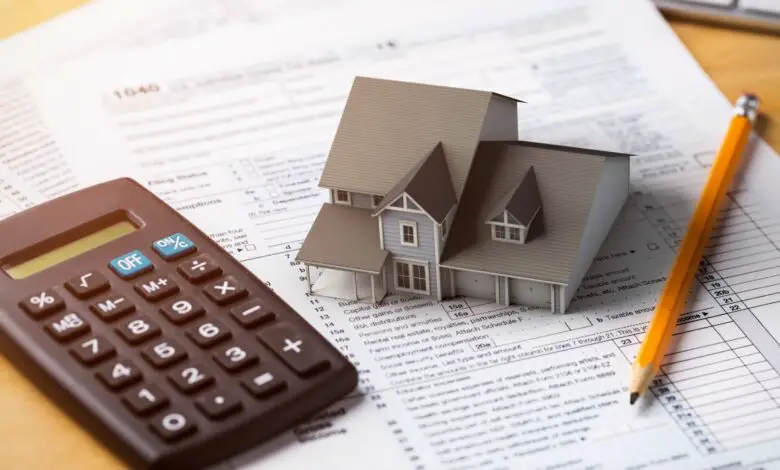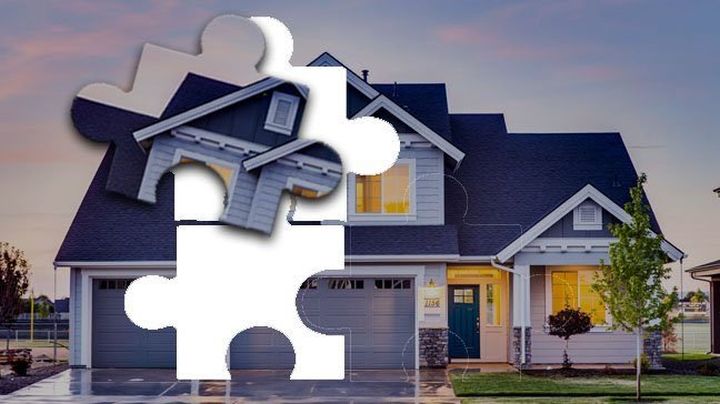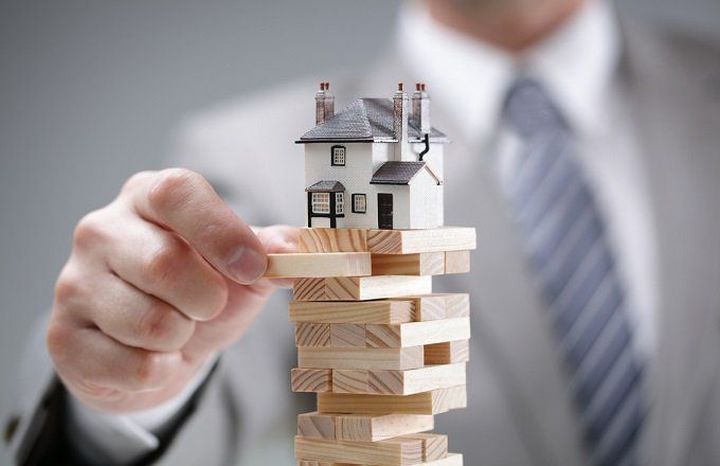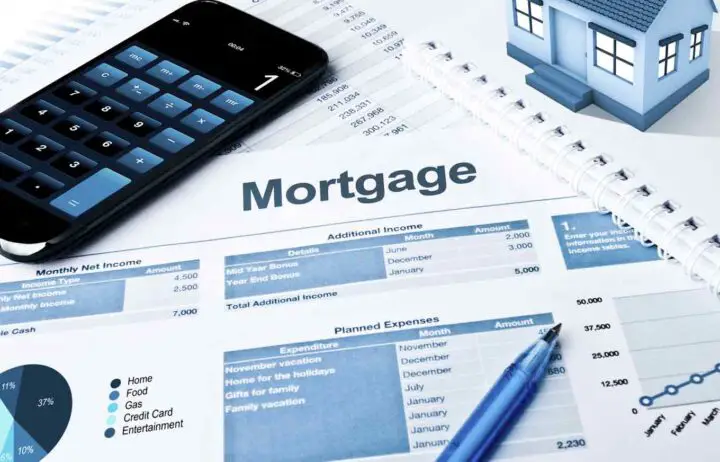
Everyone wants a home of their own, but let us face it, not everyone will have a home of their choosing. Being able to afford the home you like is the first step to getting that home; every other thing comes secondary. Before you go into the process of looking out for a home you like, you must first ascertain your financial ability to purchase that home.
No, you are not proving to anyone (although you might eventually have to as you progress); you are typing to make sure the bank does not take your home away from you in the future because you could not afford to pay the mortgage.
Look into utility

Most people make the mistake of taking into consideration only the cost of the house itself. Yes, you may be able to pay for the house, but the utilities and insurance are all compounded into the mortgage too. So, the question is this, if you calculate all of the utility bills to even the tiniest lawn mowing fee, would you still be able to pay for that mortgage?
There are also a few more bills that you could be ignorant of at the beginning, but you would find out later that it was. When all of these bills eventually accumulate, you may not be able to afford them anymore. The price of a house is more than the price tag on the building; that may be the major part, but it is still only one part.
See if the down payment is easily affordable by your standards
Affordability means that you can purchase something and still have enough for basic needs. Like it or not, a house is not a basic need. Ergo, if purchasing your dream home means not being able to afford basic things like healthcare, then you should relax and rent until you are sure you can afford a house.
Your emergency/rainy day fund is not what you should use as a down payment for your house. Buying a house is not an emergency, and if you find your hands in that fund, you may need to slow down on getting a house because it is no longer affordable.
See if all your income goes into mortgage payment

It is advised that your house expenses should not take more than 30% of your monthly income. So, if, after calculations, the money you pay monthly as mortgage is more than 30% of your monthly income, find another dream home or wait till you increase your income.
Spending most of your income on mortgage and house bills means you are living above your means, which, in the recent economy, is not a wise choice. You should be able to survive after paying your mortgage every month.
See if you can afford to furnish the house after the down payment
Some houses come with furniture; some do not. Chances are your home may not come with furniture, so you will have to furnish it yourself. Earlier, we asked you to see if you could still afford to get basic needs after a down payment. However, basic needs are not the only thing you should be able to afford after a down payment.
If you do not have some money left that could get you good furniture after a down payment, then maybe you should try again some months later. Besides, the cost of moving is rather expensive, and you should be able to foot that comfortably after making a down payment on the house.
See if there is anything left to pay your debts
You need to understand that a mortgage is a debt that you are paying at the end of every month. If you already have a debt on your hands, and after paying the mortgage monthly, you cannot afford to pay off the monthly allocation for that debt, there is a problem. You cannot handle two large debts, you must be able to pay both of them off simultaneously, or you have no business adding a new one to an existing one.
If you already find it hard paying off one debt, do not include a mortgage on the list. The government may not send the FBI after you when you cannot pay your student loans, but the bank will take your home away if you do not pay your mortgage. Whatever debt you already owe, make sure that your payment plan for them when you add a mortgage to the mix.
Use an affordability calculator

If you want to learn more about what you can afford when it comes to getting a house, use an affordability calculator. An affordability calculator will show you the financial implications of getting that house and what you will pay in mortgage. Having one of these will help you check for all the tips we listed above.
By knowing how much you will be paying as your mortgage using whatever percentage of your income you choose, you can see if you will be able to survive after each mortgage payment or not. All the questions you have about your finances in respect to your mortgage can be answered by a mortgage calculator.
Think of your future plans for the property
Many people are so caught up in the idea of getting a house that they do not think of what their future plans could be. Are they planning on staying in the house long term? What is the financial implication of that? Are they going to sell in the near future? What does it mean for their finances? You must take every one of these things into consideration.
Final thoughts
It might seem a little discouraging to bring up all of these things when you want to get a house, but getting a home is a big financial commitment; you want to be sure you are doing it right. If you are a family person, you may want to look at these tips a little harder and ensure you are doing right by your family, finance-wise. These tips would help you make the right decisions or, better yet, plan for the best decisions.
